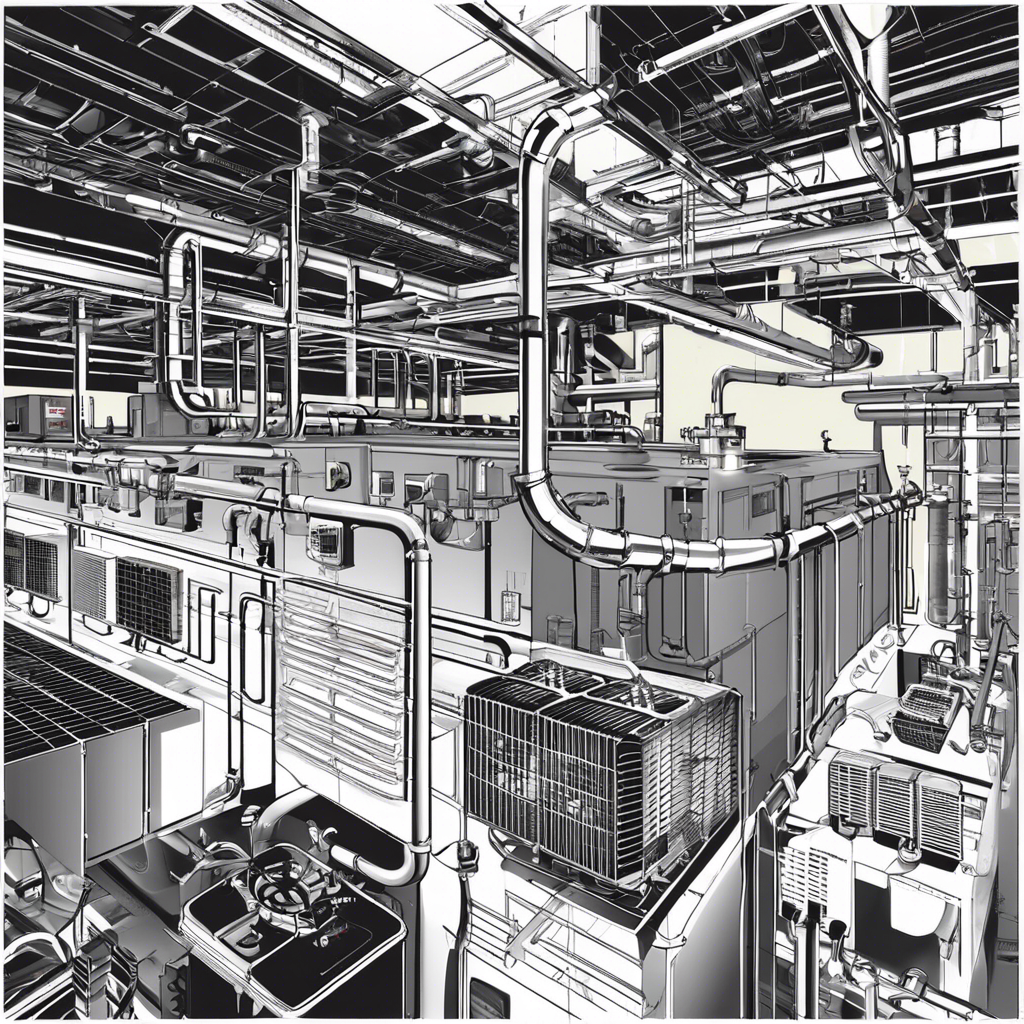HVAC certification programs play a crucial role in preparing individuals for a successful career in the heating, ventilation, and air conditioning (HVAC) industry. These programs provide students with the necessary knowledge and skills to install, maintain, and repair HVAC systems in residential, commercial, and industrial settings. With the increasing demand for HVAC technicians, having a certification can significantly enhance job prospects and earning potential in this field.
One of the key benefits of enrolling in an HVAC certification program is the hands-on training it offers. Students have the opportunity to work with actual HVAC equipment, troubleshoot common issues, and gain practical experience that is essential for success in the field. This hands-on training is often conducted in simulated environments that mirror real-world scenarios, allowing students to develop their skills in a controlled setting.
In addition to hands-on training, HVAC certification programs also cover a wide range of topics related to HVAC systems, including system design, installation techniques, electrical components, refrigeration principles, and troubleshooting methods. By completing a comprehensive curriculum, students acquire a deep understanding of HVAC systems and are better equipped to handle complex problems on the job.
Moreover, HVAC certification programs often incorporate industry-standard certifications, such as the Environmental Protection Agency (EPA) certification for handling refrigerants. These certifications are recognized by employers and demonstrate that individuals have met certain competency standards in their field. Holding these certifications can make job candidates more attractive to potential employers and give them a competitive edge in the job market.
Many HVAC certification programs offer flexible scheduling options, allowing students to balance their studies with work or other commitments. Whether attending classes on a full-time or part-time basis, individuals can progress through the program at their own pace and complete the requirements within a timeframe that suits their needs. This flexibility makes it easier for working professionals or those with busy schedules to pursue a career in HVAC.
Furthermore, HVAC certification programs often provide career services to help students transition into the workforce upon graduation. These services may include job placement assistance, resume writing workshops, interview preparation, and networking opportunities with industry professionals. By leveraging these resources, students can increase their chances of securing employment in the field soon after completing their certification.
Another advantage of HVAC certification programs is the potential for specialization in specific areas of HVAC technology. Some programs offer elective courses or concentrations in areas such as commercial HVAC systems, energy efficiency, green technologies, or advanced troubleshooting techniques. By pursuing these specialized tracks, students can tailor their education to align with their interests and career goals.
Moreover, HVAC certification programs typically have experienced instructors who bring real-world expertise to the classroom. These instructors often have years of industry experience and can provide valuable insights, practical tips, and mentorship to students as they progress through the program. Learning from seasoned professionals can enrich the educational experience and help students gain a deeper understanding of the HVAC industry.
Additionally, HVAC certification programs may include opportunities for apprenticeships or internships with local HVAC companies. These hands-on experiences allow students to apply their classroom knowledge in a real-world setting, gain industry contacts, and build a professional reputation in the field. Apprenticeships and internships can also lead to job offers upon completion, providing a direct pathway to employment for program graduates.
Furthermore, HVAC certification programs often emphasize safety training to ensure that students understand and adhere to industry best practices and regulations. Safety protocols, such as proper handling of refrigerants, electrical safety procedures, and personal protective equipment usage, are integrated into the curriculum to instill a culture of safety consciousness among students. By prioritizing safety training, programs help students develop good habits that will protect both themselves and others in the workplace.
Moreover, HVAC certification programs may offer opportunities for continuing education and professional development to keep graduates updated on the latest industry trends and technologies. By participating in workshops, seminars, or advanced courses, individuals can expand their knowledge base, stay competitive in the job market, and pursue higher-level certifications in specialized areas of HVAC.
In conclusion, HVAC certification programs are valuable pathways to a rewarding career in the HVAC industry. These programs provide students with hands-on training, comprehensive knowledge of HVAC systems, industry-standard certifications, flexible scheduling options, career services, opportunities for specialization, experienced instructors, apprenticeship opportunities, safety training, and avenues for continuing education. By completing an HVAC certification program, individuals can enhance their job prospects, increase their earning potential, and establish a solid foundation for a successful career in the dynamic field of heating, ventilation, and air conditioning.
